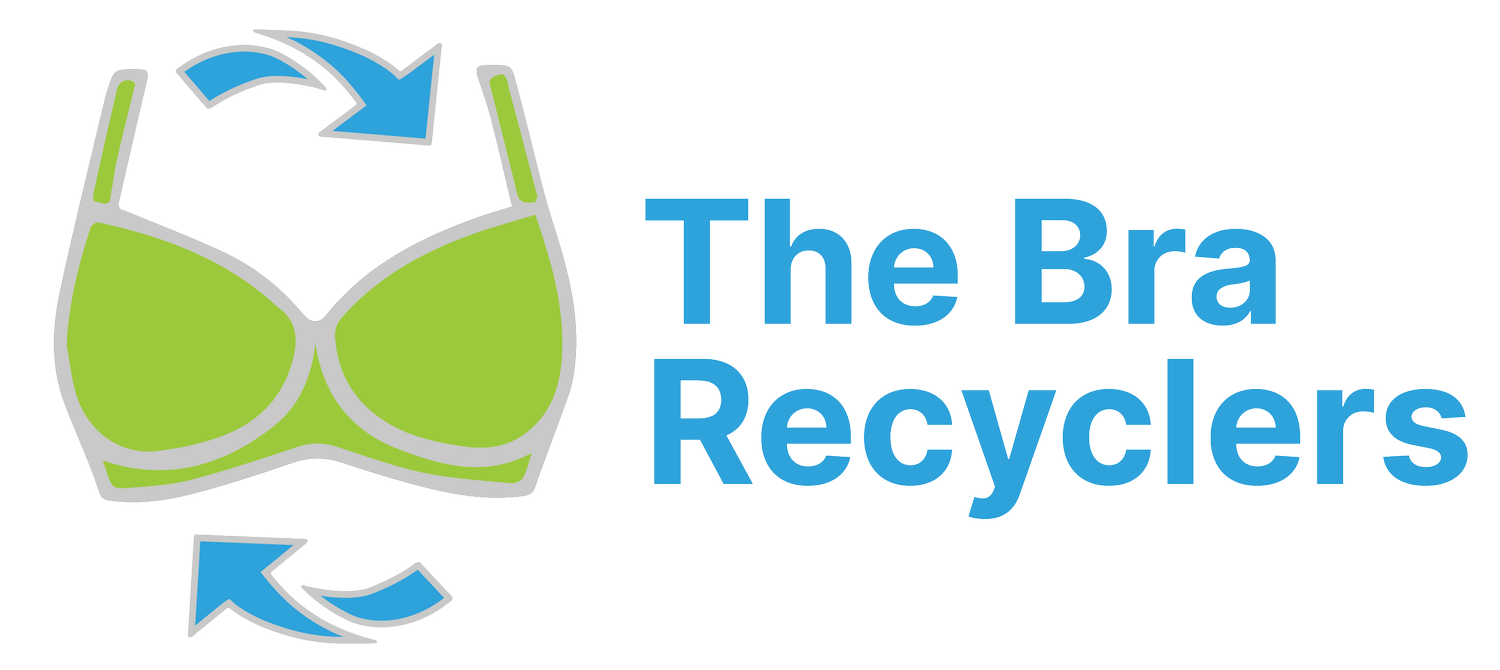Addressing Healthcare Disparities in the Black Community
The Importance of Black History Month
Black History Month is an important observance that allows us to honor the achievements, contributions, and struggles of African Americans throughout history. It provides a dedicated time for the nation to reflect on the integral role that African Americans have played in shaping our society, culture, and history.
By highlighting the accomplishments of Black individuals and acknowledging their important role in various fields such as science, literature, politics, and the arts, Black History Month helps to emphasize the diversity and richness of our nation's history. It provides an opportunity to educate the public on significant events and figures that are often overlooked or excluded from mainstream historical narratives.
Moreover, Black History Month serves as a reminder of the ongoing fight for civil rights and equality. It encourages conversations about social justice, systemic racism, and the need for continued activism to address issues of discrimination and inequality that persist in our society.
Furthermore, this month-long celebration provides a platform for amplifying the voices and stories of African Americans, fostering cultural understanding, and promoting inclusivity. It offers a chance for people of all backgrounds to come together to learn, share, and appreciate the diverse heritage and experiences of the Black community.
Black History Month is important because it serves as a time for recognizing, honoring, and celebrating the immeasurable impact of African Americans on the fabric of our nation. It is a time to acknowledge the past, address the present, and work towards creating a more just and equitable future for all.
Addressing Healthcare Disparities in the Black Community
With the celebration of Black History Month, we also have the reality of the disparities of communities of color, particularly in the area of healthcare. Healthcare disparities within the Black community remain a pressing issue that demands urgent attention. Despite advancements in medicine and healthcare, systemic inequalities persist, resulting in unequal access to quality care, higher rates of chronic illnesses, and disproportionate mortality rates.
Socioeconomic Factors: The Black community often faces socioeconomic challenges such as poverty, limited access to education, and unstable employment. These factors contribute to reduced access to healthcare, preventive services, and proper nutrition, leading to a higher prevalence of chronic conditions like diabetes, hypertension, and obesity.
Implicit Bias and Racism: Discriminatory practices in healthcare, ranging from implicit bias to overt racism, significantly impact the quality of care received by Black individuals. Studies have shown that Black patients are less likely to receive appropriate pain management, timely screenings, and accurate diagnoses compared to their white counterparts.
Health Literacy and Cultural Competency: Limited health literacy and cultural competency among healthcare providers can lead to misunderstandings, miscommunication, and suboptimal care for Black patients. These gaps in understanding cultural nuances and health beliefs can hinder effective treatment and healthcare decision-making.
Empowerment and Advocacy: To address these disparities, multifaceted interventions are necessary. This includes actively promoting diversity in the healthcare workforce, incorporating cultural competency training, increasing community outreach and education, and advocating for policies that prioritize equitable access to healthcare resources.
Collaborative Solutions: Collaborative efforts involving government, healthcare institutions, community organizations, and individuals are essential to dismantle systemic barriers and promote health equity. Initiatives, like targeted health education, mentorship programs, and community health centers, can help bridge the gaps in healthcare access and outcomes.
Tackling healthcare disparities in the Black community requires a comprehensive approach that addresses the social, economic, and cultural determinants of health. By prioritizing equity, inclusivity, and systemic change, we can strive towards a healthcare system that provides fair and just treatment for all individuals, regardless of their race or ethnicity.
The Bra Recyclers will continue to do its part in providing the necessary resources to support individuals and families in need in communities around the world. We believe if each person or business does their part to reduce the inequality of the distribution of resources and healthcare, we can provide hope to all members of our community who have lost hope.

